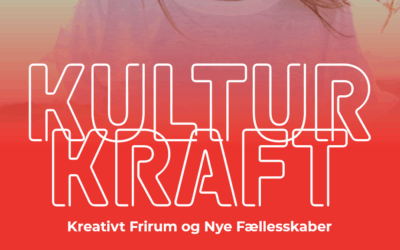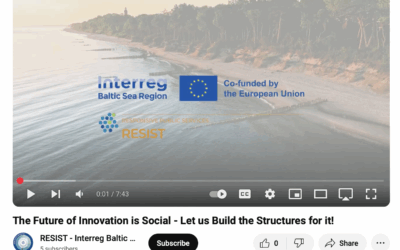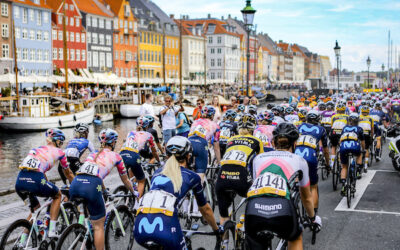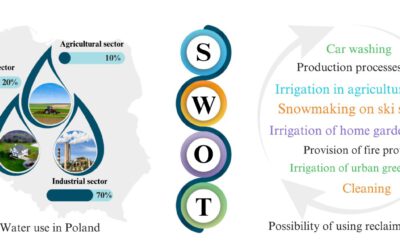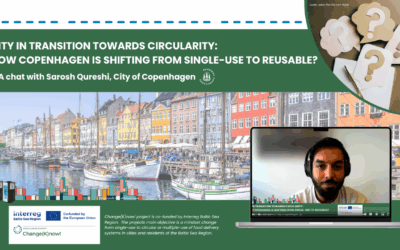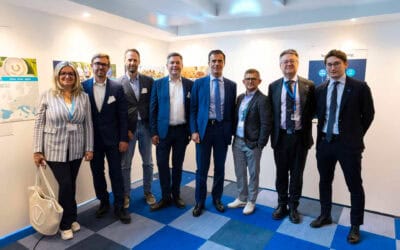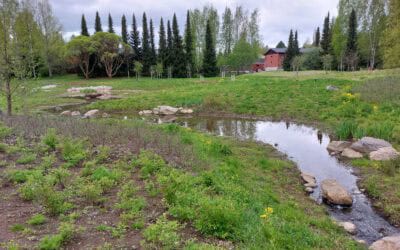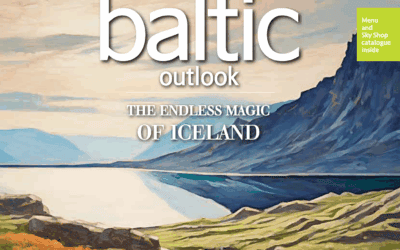Project News
Pilot sessions – Round II B
Pilot sessions – Round II A
KulturKraft in Odense
KulturKraft in Odense - A Culture on Prescription Programme for Mental Well-being Odense Municipality successfully implemented KulturKraft (arts on prescription) pilot programme in 2024 – an innovative cultural initiative aimed at improving the mental health and...
RESIST Project Story Film published now
RESIST Team launched project short film The project story short film has been jointly produced by the RESIST team. The short film brings together testimonials from the RESIST team, sharing experiences on their experience with piloting the RESIST solutions and...
Copenhagen Sprint in Copenhagen, Denmark
The Change(K)now! project partner City of Copenhagen tested a reuse system with return incentives and RVM during the event "Copenhagen Sprint". When: 21-22 June 2025 Aim: To introduce a reusable system during events. Outcome: The results of the evaluation will come...
Polish Researchers Call for Circular Economy to Address Water Crisis
A new study “The current state of water resources in Poland - possibilities of water reuse and management by the circular economy“ by Dominika Szołdrowska and Marzena Smol from the Mineral and Energy Economy Research Institute of the Polish Academy of Sciences warns...
City in transition towards circularity: How Copenhagen is shifting from single-use to reusable?
Cities across Europe are increasingly looking for ways to reduce waste and promote sustainability, especially in the food delivery and catering sectors. Copenhagen is one of the cities actively testing solutions to replace single-use packaging with reusable...
How transnational cooperation is building Europe´s future with youth
Explore how transnational cooperation is transforming Europe, from addressing climate change to fostering local economic growth. This exhibition highlights the powerful impact of collaboration beyond borders in shaping a stronger, more united future.
Reflection on study visit at City Blues Project in Tampere
On May 22, BALTFLOODS team participated in a parallel study visit to Tampere as part of the IBSR Programme Conference 2025. The study visit was at the pilot sites of City Blues Project, an initiative that addresses flood prevention and biodiversity enhancement through...
✈️ TRUST ALUM Featured in airBaltic’s Baltic Outlook Magazine!
In a dedicated page spread (page 64), the article highlights how innovative environmental remediation technologies - like aluminum treatment of eutrophic lakes - are being used to restore water quality in the Baltic region. Lake Velnezers in Latvia takes is...
Pivotal role of the local authorities in addressing energy efficiency
Heating, supply of warm water and cooling in private households account for approx. 80% of the overall European energy consumption. In the Interreg project Act Now!, nine municipalities in countries across the Baltic Sea region enhanced local energy plans to improve...
Sport fishing in the Baltic Sea for economic growth and river restoration
Angling can help increase local fish populations while offering new local business opportunities. The Interreg project RETROUT boosted coastal fishing tourism. It helped local fishing guides to develop their destinations and restored sea trout rivers in six countries within the Baltic Sea region.
Low-carbon mobility solutions to green our future
In line with the EU’s climate neutrality target, our Programme supported several initiatives tackling the diverse challenges faced by the Baltic Sea region’s transport sector. We united our efforts to make our region more accessible, better connected and less polluted, ultimately improving the overall mobility experience in the area while protecting the environment. Read how Interreg Go LNG, BSR electric and Sohjoa Baltic have contributed to green mobility and innovation in transport sectors in the region.
Enterprises go smart beyond borders with Interreg
Small and medium sized enterprises largely fall behind other players in innovation and investments in research & development (R&D). Thanks to the Interreg project GoSmart BSR, enterprises in seven countries around the Baltic Sea learned how to use smart specialisation to improve competitiveness jointly and gain access to new markets.



